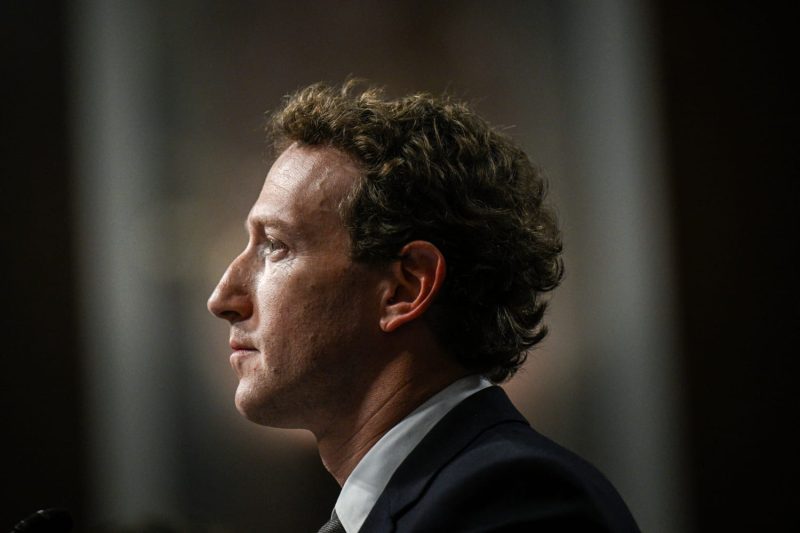
Lawmakers Demand Transparency: Zuckerberg Challenged to Reveal Facebook, Instagram’s Fight Against Drug Ads
In the digital age, social media platforms have become indispensable tools for communication, networking, and business marketing. However, along with the benefits of these platforms come significant challenges, particularly in the realm of regulating illicit activities and harmful content. Recently, lawmakers have set their sights on Facebook and Instagram, two of the largest social media platforms in the world, requesting accountability and transparency in addressing illicit drug advertisement on their platforms. This move reflects the growing concerns about the potential harm caused by the unchecked proliferation of drug-related content online.
Social media platforms have undeniably transformed the way we connect and interact with each other, but this rapid evolution has also provided opportunities for illicit activities to thrive. The widespread availability of various drugs and substances online poses serious risks to public health and safety, especially to vulnerable populations, such as young people. The ease of access to drug-related content on platforms like Facebook and Instagram raises concerns about the potential normalization and glamorization of drug use, which can have far-reaching consequences.
Lawmakers urging Mark Zuckerberg, the CEO of Facebook, to demonstrate how his platforms are addressing illicit drug ads is a significant step towards promoting accountability and safeguarding users. By holding tech giants accountable for the content shared on their platforms, lawmakers are sending a clear message that the safety and well-being of users must take precedence over profit. As gatekeepers of digital spaces that millions of people use daily, social media platforms have a responsibility to implement robust measures to prevent the dissemination of harmful content, including illicit drug advertisements.
Facebook and Instagram have made strides in recent years to enhance their content moderation efforts, including implementing stricter policies on drug-related content and advertisements. However, the sheer volume of content posted on these platforms presents a monumental challenge in effectively policing and removing illicit drug ads. This challenge is further exacerbated by the sophisticated tactics employed by those behind such ads to evade detection, making it a constant game of cat and mouse for platform moderators.
In response to lawmakers’ inquiries, Zuckerberg and his team must demonstrate concrete steps taken to effectively address the presence of illicit drug ads on Facebook and Instagram. This transparency is crucial not only for ensuring compliance with legal regulations but also for fostering trust and accountability with users and stakeholders. By leveraging technology, human moderation, and collaboration with law enforcement agencies, social media platforms can enhance their capacity to detect and remove illicit content swiftly.
Moreover, investing in education and awareness campaigns about the risks of drug use and providing resources for individuals struggling with substance abuse can help mitigate the negative impact of illicit drug ads on users. Social media platforms have the power to influence public discourse and shape societal norms, and as such, they should wield this power responsibly to promote positive behaviors and values.
Ultimately, the dialogue between lawmakers, tech companies, and stakeholders regarding the regulation of illicit drug ads on social media platforms is a critical step in addressing the complex challenges posed by the digital age. By working together towards a common goal of creating safer online environments, we can harness the transformative potential of social media for good while mitigating the risks associated with its misuse. The scrutiny on Facebook and Instagram serves as a testament to the evolving landscape of digital governance and the growing awareness of the need to prioritize user safety and well-being in the online sphere.
